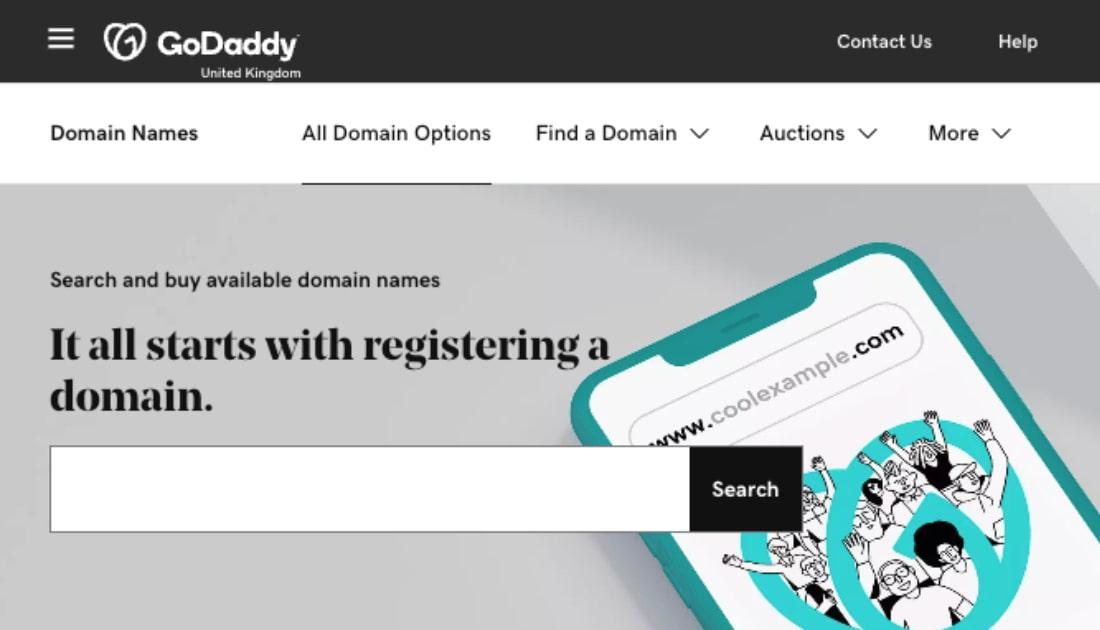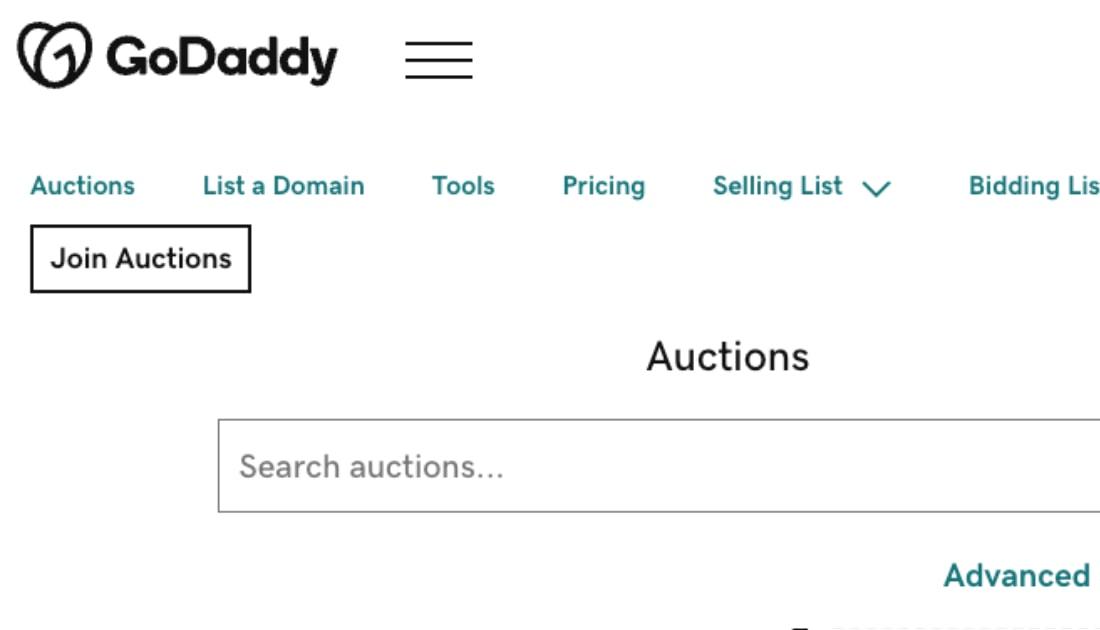When you’re starting your new business, it seems like advice is coming from everywhere. From where you should be setting up your storefront, all the way down to fonts on your logo, there’s a lot of sometimes conflicting opinions and information to consider. But one crucial bit of advice that shouldn’t be ignored — especially early on in the planning stages — is getting a domain name registered right away.
Getting a domain name that’s memorable is increasingly important in an expanding digital marketplace, as it heavily shapes your online business identity. With that in mind, let’s explore several considerations when selecting a domain name for your startup.
Find the perfect domain name now:
Start early on getting a domain name
When you’re starting a new business today, you have the luxury of choosing your business name and getting a domain name at the same time. Older brands that came about before the dawn of the internet have had to struggle with nailing down their domains and digital identities. Choosing your digital identity early via your domain name simplifies the process enormously.
While choosing the actual operating name for your business has some different considerations than getting a domain name, it’s convenient to have the ability to choose both harmoniously, since the urgency is lessened overall.
That being said, resist the temptation to put off the domain registration process. You’ll want to get your business name and domain hammered out as early in the startup process to avoid losing out on your perfect domain. Domains move fast, so you’ll need to move fast as well.
With that in mind, once you’ve got your business name selected, you’ll want to start formulating the domain that fits your business. There are plenty of pieces to the overall puzzle when it comes to getting a domain name that’s perfect, but there are a few startup-specific points that we’d like to call out:
- Length matters —Long, complicated, hard-to-type domains tend to turn users off. Shorter names are more memorable and help consumers to better remember your business.
- Keep it memorable —It’ll help you to stand out in an increasingly crowded digital marketplace.
- Do your research —You want to be sure that your great domain idea isn’t too close to another business name, as well as making sure that it’s not already trademarked or in use.
Pro tip: Once you have a few ideas in place, run your potential names by friends and family. You might think CraftsPit.com is a great option for your online craft store, but maybe your family sees CraftSpit.com — something they aren’t too keen on purchasing.
Choose domain names often

Photo: Edward Cisneros on Unsplash
When it comes to getting a domain name nowadays, there are a ton of new extensions already on the market — and more being added constantly. While it’s definitely not necessary to buy your domain in every single extension, it’s a good idea to grab the usual group (.com, .org, .net, etc.) when you’re registering your primary domain. This post explores the question: "is a .com domain name better?"
However, be aware that there are also regional (.london for example) and industry-related (.shop, .online, .consulting, etc.) domains that might also fit your company nicely. And if you're looking to start a blog, you could always consider a .blog domain name.
Another important consideration here would be registering some of the common misspellings of your domain.
Keeping the misspelled versions of your domain available for registration can open you up to bad actors taking advantage of users who accidentally misspell your domain. Getting a domain name like those now is easier than dealing with the potential heartache of having your business exploited down the road.
You might not have the full picture on common ways that your domain is being misspelled right away, so it’s a good idea to get a good analytics service — such as Google Analytics — running on your site as soon as possible. With that, you can see what misspellings users are entering and you can adapt in the future to meet those needs as they come up.
Explore the domain aftermarket
But what if the domain that you’d finally settled on has already been registered? Game over, right?
Not quite.
You can check to see if the domain is actually in use by visiting it to see if it has any content. If you’re not seeing a live website, the owner might just be holding the domain to sell it.
But how can you see the owner for that domain? A quick WHOIS search can show you the domain owner details, including their email address. Once you have that information, now comes the decision on what to do next. If you’ve got your mind set on that domain name, services like GoDaddy’s Domain Broker Service can help you out. You’ll have access to your own domain broker, who will contact the domain owner and try to negotiate a purchase on your behalf.
If the domain that you really had your heart set on isn’t available, don’t despair. Have some backup ideas ready just in case. With a bit of creativity and thought, you might just come up with something even better.
Now that you’ve aced the naming hurdle for your startup, get out there and grow your business!








